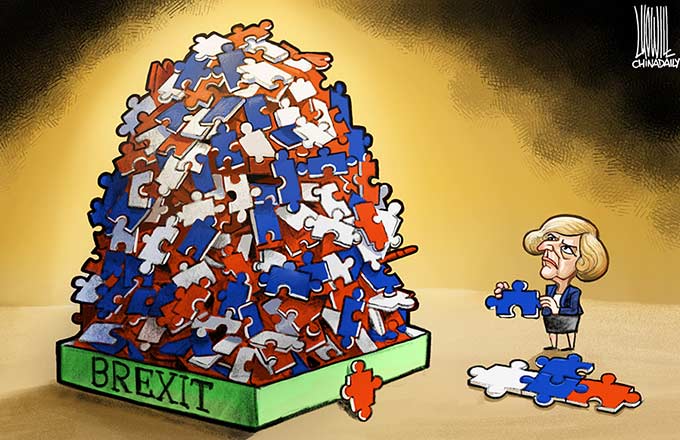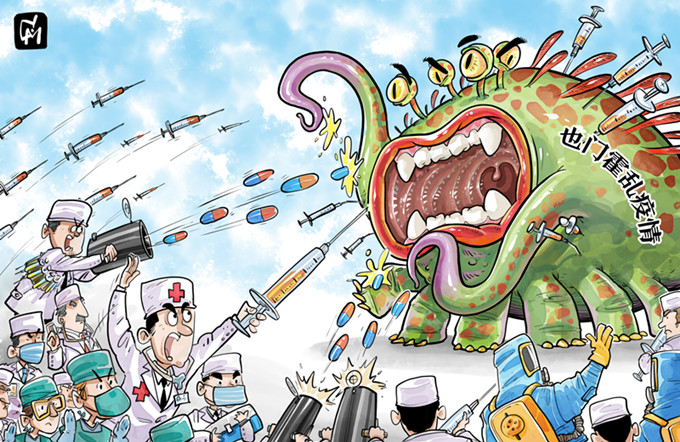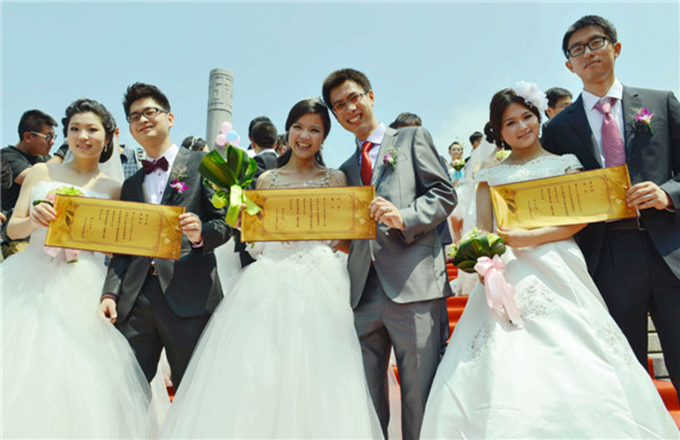Incremental improvements
Trust, by definition, requires a deep-seated belief by the one side in the sincerity, fairness, friendliness and fine attributes of the other side. Building trust involves highly intricate social and psychological processes. Since the Communist Party of China successfully set up its political power, the history of China-US relations has been riddled with unpleasant experiences. Bringing about a regime change in China or altering its social and economic systems is what the US has long desired. The public diplomacy functions carried out by the US toward China, including the operations of US NGOs in China, have invariably smacked of such an intention. It is highly unlikely that the US will fundamentally change course with respect to human rights, Taiwan, Tibet and other issues. It will not give up condemning China in its annual human rights report. It will hardly end arms sales to Taiwan. And it will not stop playing petty tricks on Tibet. All this is determined by the international stature of the US, by its domestic politics and by its ideological biases.
Needless to say, the methodology and timing of handling these issues may change in light of shifting China-US relations. Yet systemic and ideological differences have put a limit on the scope of their mutual acceptance. This explains why it is so difficult for China and the US to build comprehensive and genuine trust between them. Though China has for more than a decade reaffirmed its commitment to peaceful development, many in the US continue to entertain deep doubts about China's path of modernization. Distrust has always been able to find sympathetic ears in the two countries. Noises against stronger China-US mutual trust have been heard time and again. While it is fairly hard to build and accumulate trust, it is easy to create and spread distrust.
Building strategic mutual trust in the near future will be difficult, but accumulating it by working cooperatively on specific issues is advisable.
One summit meeting alone is unlikely to resolve the trust deficit that exists in bilateral relations, but it is an important step toward building mutual trust between the two countries.
Building strategic mutual trust in the near future may be very difficult. Yet for policymakers on both sides, building a fair amount of trust on some specific issues and within a specified period could be relatively easy.
With their lack of strategic mutual trust, China and the US must, while continuing to build toward strategic trust, endeavor to accumulate trust by working cooperatively on specific issues.
For example, the two countries have become more interdependent economically and share a great deal of common interests, they are duty bound to work together for an early recovery of the world economy. They are also duty bound to work cooperatively to address the host of problems and challenges facing the international community, such as international terrorism, climate change, disease control and prevention, cybersecurity and other non-traditional security issues, the proliferation of nuclear weapons, the Syria crisis and other traditional security threats.
Only by enhancing cooperation on specific issues, increasing mutual understanding and accumulating mutual trust step by step can the two countries bring about genuine strategic trust and build a new model of major-power relations based on harmonious coexistence, benign competition and win-win cooperation.
The author is a research fellow of Institute of American Studies, Chinese Academy of Social Sciences. www.chinausfocus.com.

























